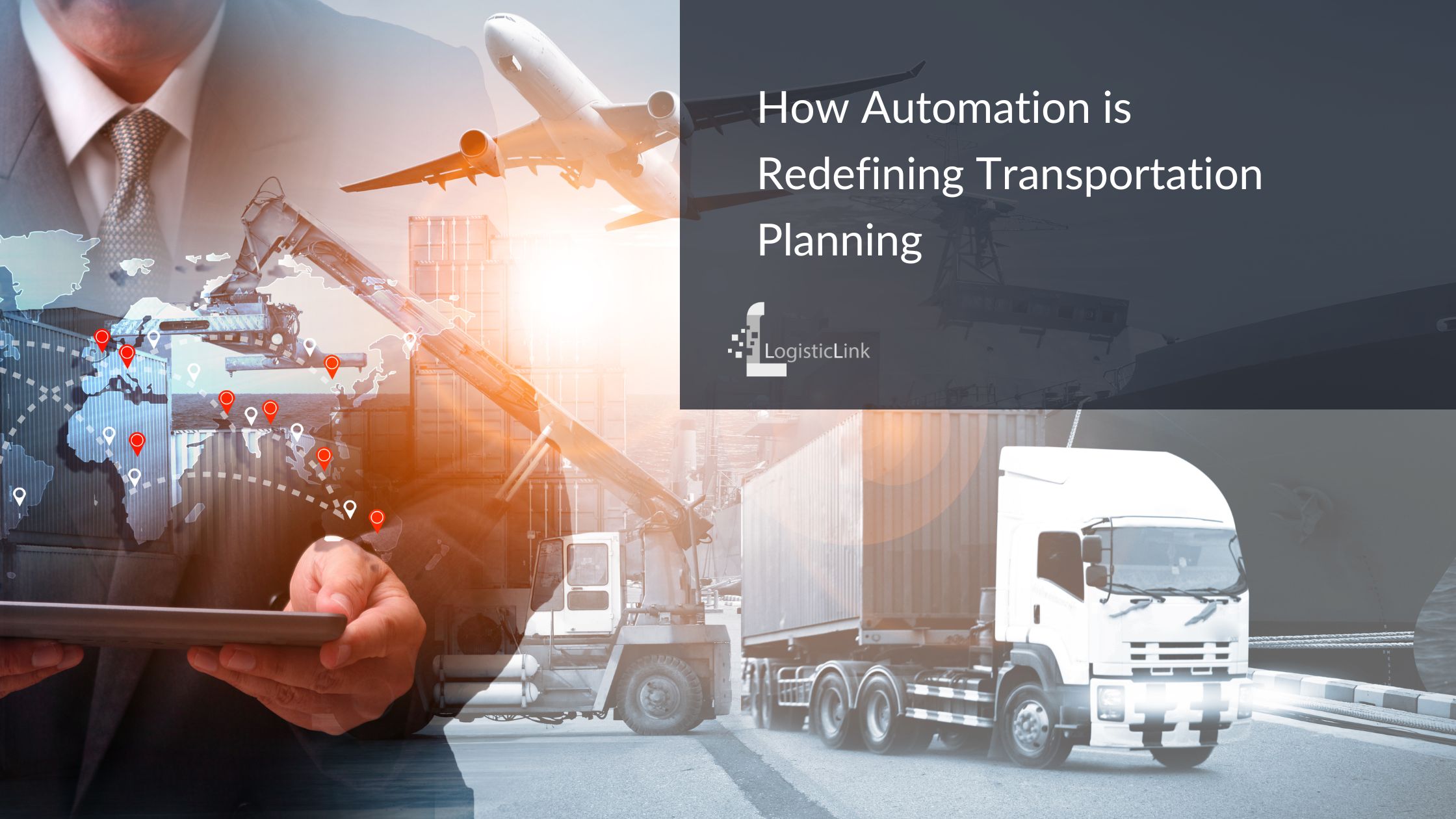In the supply chain industry, transportation planning is an essential function that significantly influences the effectiveness and efficiency of logistic operations. With the growing complexity of supply chain procedures, manual transportation planning can be time-consuming, error-prone, and expensive games with bonus rounds for you.
In the logistics and supply chain sector, automation of transportation planning can have several advantages, including lower transportation costs, more efficient delivery routes, better resource allocation, and higher customer satisfaction. In this blog, let’s explore all how automation is redefining transportation planning.
Automating transportation planning within the logistics and supply chain industry
Automating transportation planning entails using technology to simplify and improve transportation procedures in the logistics and supply chain sector. This can reduce cost, increase performance, and boost overall supply chain performance. Some instances of technology solutions that can be used to automate transportation planning involve:
- Transportation Management Systems (TMS): A TMS is a software program that assists in the management and optimisation of transportation operations for businesses. Many transportation planning processes, including route optimisation, carrier selection, and load planning, can be automated with a TMS. Additionally, it can offer real-time visibility into the flow of goods and support the management of exceptions and delays.
- Forecasting Analytics: Predictive analytics facilitates using data mining and machine learning algorithms to forecast future emerging trends. In transportation planning, predictive analytics can predict future delays, and reduce operational costs.
- Internet of Things (IoT) Devices: IoT devices like sensors and gps devices can be used to gather real-time data on the transportation of products. This information can be used to trace shipments, identify problems or errors, and improve transportation strategies.
- Blockchain: Blockchain is a decentralised technology that can be used to monitor the movement of products throughout the supply chain. Blockchain technology enables businesses to increase accountability and traceability, decrease fraud, and automate numerous transportation-related tasks.
- Autonomous Vehicles: Self-driving trucks and other autonomous vehicles can be utilised to automate transportation procedures and cut expenses. Autonomous vehicles can perform 24/7 and maximise routes according to current traffic and weather information.
Challenges and limitations of automate transportation planning for supply chain
The following are the challenges and limitations businesses must consider before implementing automate transportation
- Data availability and quality: Automation needs reliable data to generate insightful analyses and recommendations. Yet, given the volume of data and the various sources from which it is gathered, data availability and quality can be challenging in supply chain management. For the data to be accurate, complete, and updated, businesses must invest in data management solutions.
- Technological constraints: Advanced technologies like artificial intelligence, machine learning, and big data analytics are necessary for automation. Companies might need more technical expertise to manage new technologies, and installing them can be expensive. Businesses must invest in the required hardware, software, and training to adopt automation properly.
- Regulatory compliance: Transportation planning is subject to various regulations, such as safety standards, environmental regulations, and labour laws. Companies must ensure that their automated systems comply with these regulations and not create new compliance issues.
- Human involvement: Although automation can reduce the need for human involvement, it is only partially possible to eliminate human intervention. There may be instances where human expertise is required to make critical decisions beyond automated systems’ scope. Companies must ensure that their automated systems work with human expertise to optimise transportation planning.
Steps companies can take to implement automation successfully.
- Define clear objectives: Businesses must establish precise automation goals and ensure they align with their overall supply chain strategy. This will help prioritise investment and guarantee that the automation initiatives produce meaningful results.
- Choose the appropriate technology: Businesses must choose the technology that best meets their unique requirements. They should assess different technology vendors and evaluate their capabilities in data management, predictive analysis, and automation.
- Invest in data management systems: Accurate and high-quality data are necessary for automation. Businesses must invest in data management systems that guarantee the data is correct, complete and up to date.
- Build a skilled workforce: Businesses must develop a skilled workforce to maintain and operate automated systems. To ensure that the workforce has the essential knowledge and skills, it is necessary to invest in training and development initiatives.
- Test and refine the system: Businesses must test and improve automated systems to ensure they generate the expected output. To monitor performance, they should set up specific measures, and over time, they should keep the system under review and enhance it.
- Communicate with stakeholders: Businesses need to communicate with stakeholders such as employees, suppliers and customers to ensure that they are aware of the advantages of automation and the impact that will result from it. This will assist in providing a smooth transition and building support for the new system.
Final thoughts
Automation for transportation planning offers valuable insights through data analytics, assisting businesses to recognise trends, predict demand, and maximise their supply chain processes. Logistics automation systems is helping companies to make well-informed decisions, react rapidly to changing market conditions, and offer better customer service thanks to real-time data integration.

